
One year ago today, the forces of darkness crashed across the Ukrainian frontier to begin what they hoped was a ten-day offensive to destroy the Ukrainian nation and subjugate its people. But the people of Ukraine roared back. A thread on a year of war. 1/25 🧵🇺🇦 
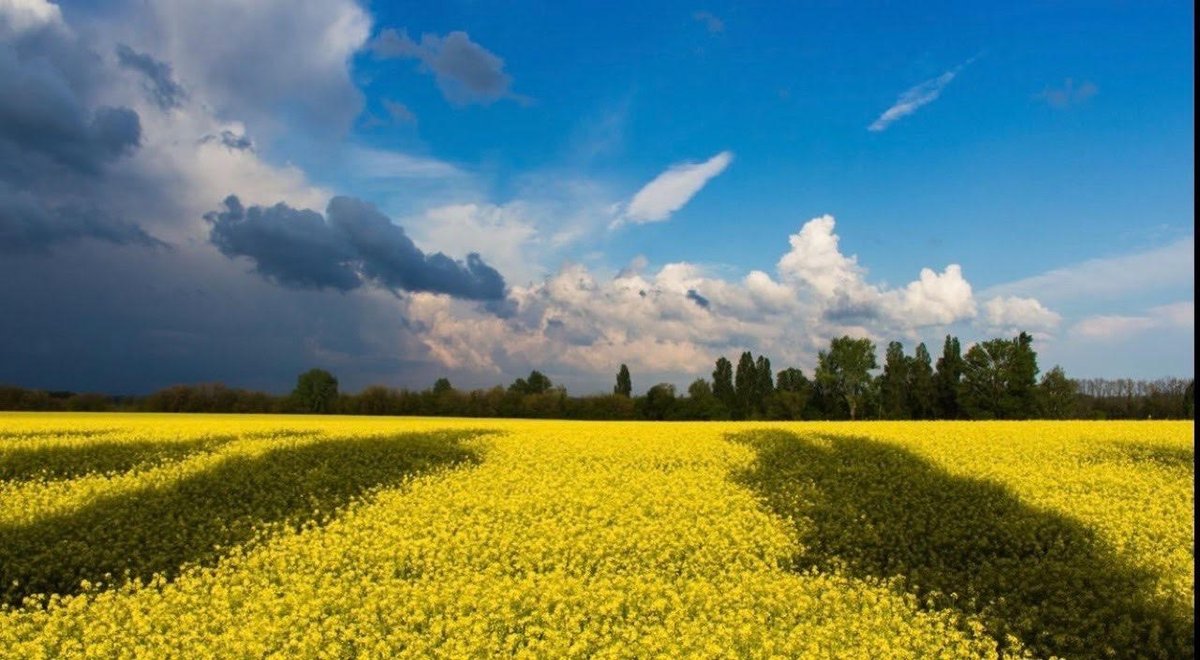
2/ If one examines the many observations from this war, there is a big focus on new forms of war that emerge from the Russo-Ukraine War. The reality is that this cruel & vicious Russian invasion has seen more continuity than change in warfare.
3/ This war, like all before it, is an aggregation of ideas, organisations, and technologies from previous conflicts. The continuities of this war are easily identified.
4/ The importance of strategy, underpinned by sound assumptions, has come to the fore as Putin ignored this dictum and found himself in a war that has lasted longer and cost more than he imagined. 
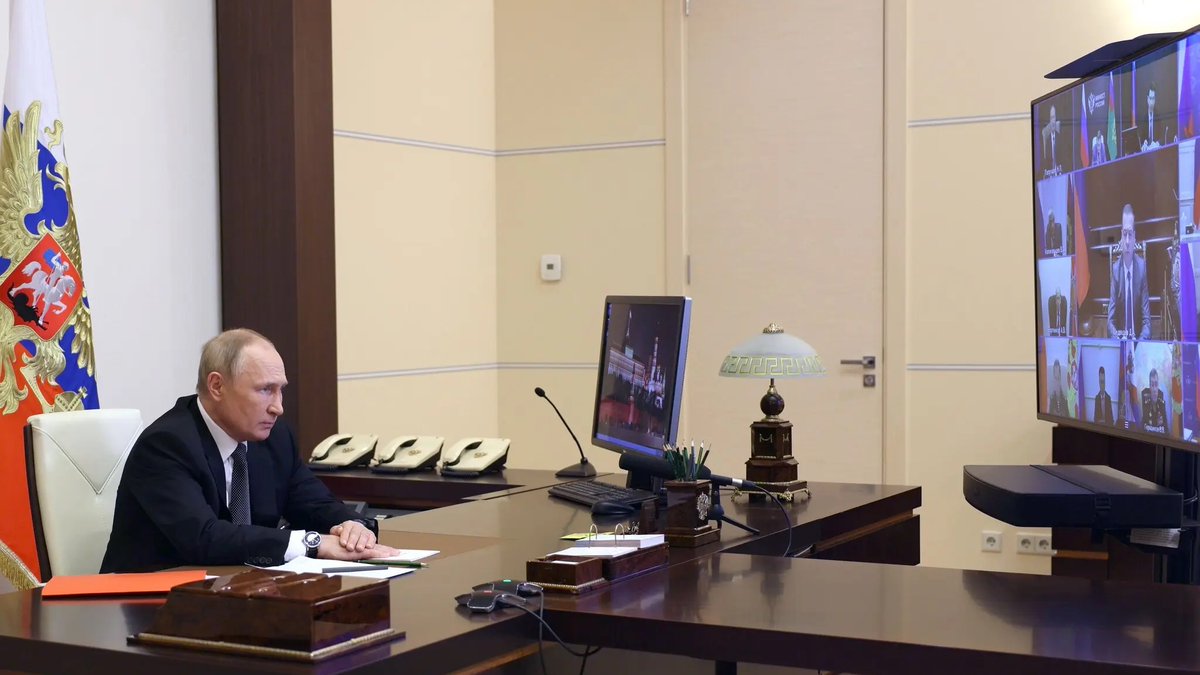
5/ The centrality of battlefield logistics & national support constructs has again come to the fore in this war. So too has the importance of narratives, winning national and global influence, and the courage of journalists bringing us the stories of this war.
6/ Alliances, so vital in many previous wars, have proven essential to the survival of Ukraine. NATO has found new purpose, and its members (as well as other nations) have provided massive economic, humanitarian and military aid to Ukraine. Russia has no such support. 
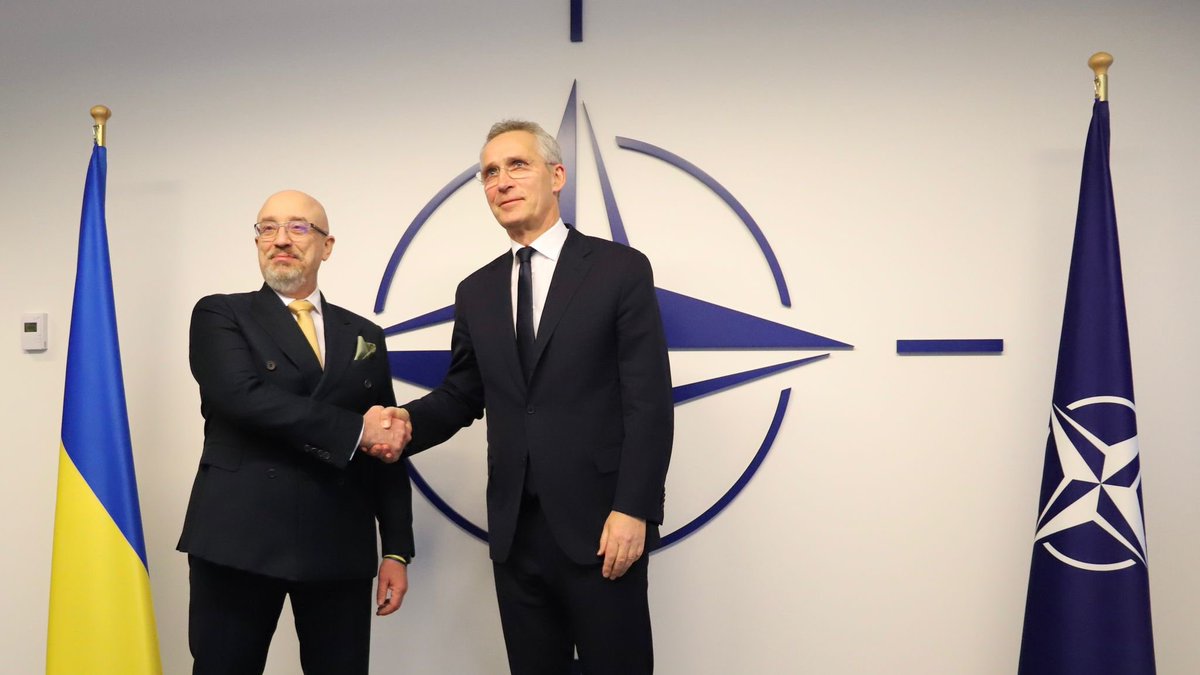
7/ The need to engage in close combat, the purest expression of human will, has once again been demonstrated. If you want to win wars, all the domains matter. But it is on the ground, where the army, the people and the government are, where wars are won or lost.
8/ And the will and support of the people, so vital in sustaining a national war effort since the earliest times, has stood out. Ukrainians have stood up to fight and defend their nation. Russians have fled their nation or turned to the mindless aggression of Russian state TV. 

9/ But two ancient concepts stand out.
10/ First, surprise has been a constant feature of this and other wars. We were surprised at the lack of Russian competence. And we have pleasantly surprised – and greatly inspired – by Ukrainian battlefield prowess. 

11/ No matter how good sensor and intelligence networks might be, the agency of human beings and their desire to surprise their adversaries remains constant. Clausewitz described this as friction, the difference between the theory and practice of war.
12/ The second continuity in this war is leadership. This was shown early in the war when western leaders like Biden pledged support for the defence of Ukraine. It has been shown by eastern European leaders in provision of national treasure to support Ukraine.
13/ Battlefield leadership, a key asymmetry between Ukraine and Russia, has also been fundamental in Ukraine’s turning the tide of the Russian invasion in 2022. 




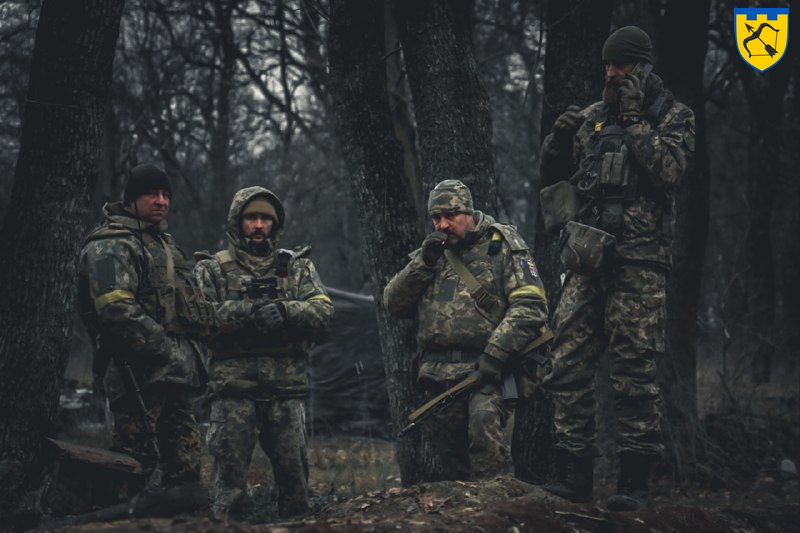


14/ And most crucially, the leadership of a former comedian turned President, Volodymyr Zelensky, has united his people, inspired his army and encouraged us all to support his nation and expect more of our own national leaders. 

15/ As we step into the 2nd year of the war, we are all changed by its conduct. It is no longer a world where, as Xi’s describes, “the west is declining, and the east is rising”. The Russians & Chinese have been shocked by our unity & determination. This must continue.
16/ The war reignited knowledge that as flawed as our democracies are, they are worth defending against those who propose more brutal forms of governance. It gives new purpose to our nations in resisting the shadowy forces of authoritarian regimes. 
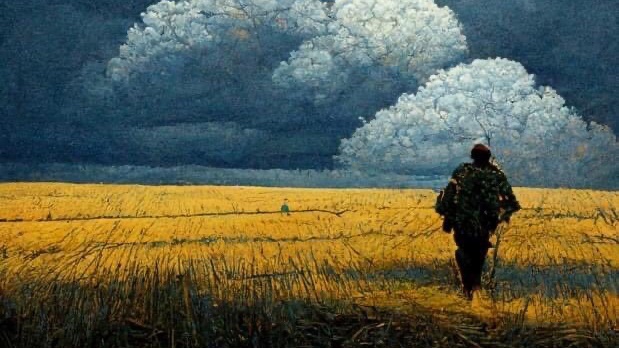
17/ It is a world where national resilience, stockpiling and helping oneself before asking for help, is revitalized. Nations are no longer safe assuming large wars are part of the past, and that indigenous defence industry can be replaced with imports from overseas.
18/ It now is a world where robotics and algorithms are no longer discretionary elements of war. Rather than being add-on capabilities in military institutions, they are now central to the conduct of war.
19/ But mostly, it is a world that has come to see - and be inspired by - the courage, the resilience, the pure tough grit of the Ukrainian people and their soldiers. 






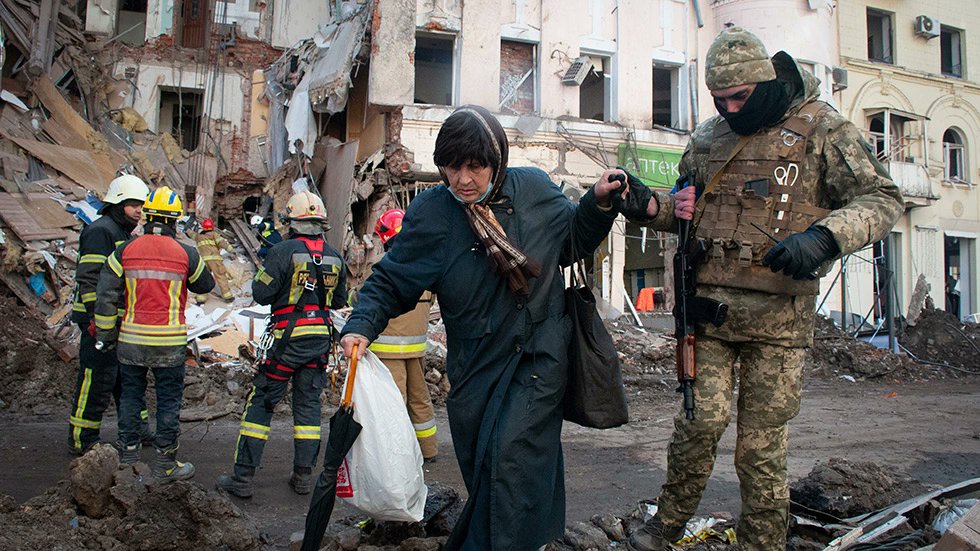
20/ This year, there have been comparisons between Zelensky and Winston Churchill. This is apt for many reasons. In November 1954, Winston Churchill celebrated his 80th birthday with a speech at Westminster.
21/ Churchill reached back to the early days of the Second World War, noting “it was the nation…that was the lion's heart. I had the luck to be called upon to give the roar.”
22/ This year, we have been reminded what a nation with a lion’s heart looks like. And with its young, charismatic leader, Ukraine and the world were lucky that Volodymyr Zelensky was called upon to give the roar. It has been a roar heard around the world. smh.com.au/world/europe/a…
23/ As we look to the coming year, purpose, production and patience will be vital. We are inspired by the purpose of the Ukrainian nation to defend itself and our ideals. We must support them by increasing defence production across the West.
24/ And vitally, our people and our governments must sustain the strategic patience and stamina that underpins our support for Ukraine. We must stand alongside Ukraine, in Joe Biden’s words, “for as long as it takes.” End 

25/ Thank you to the following for the images and links in this thread: @IAPonomarkenko @Oleksiireznikov @nytimes @DefenceU @ZelenskyyUa @TDF_UA @TDF_UA @KyivIndependent @abcnews @smh @thehill @Reuters @AmbVasyl
• • •
Missing some Tweet in this thread? You can try to
force a refresh




